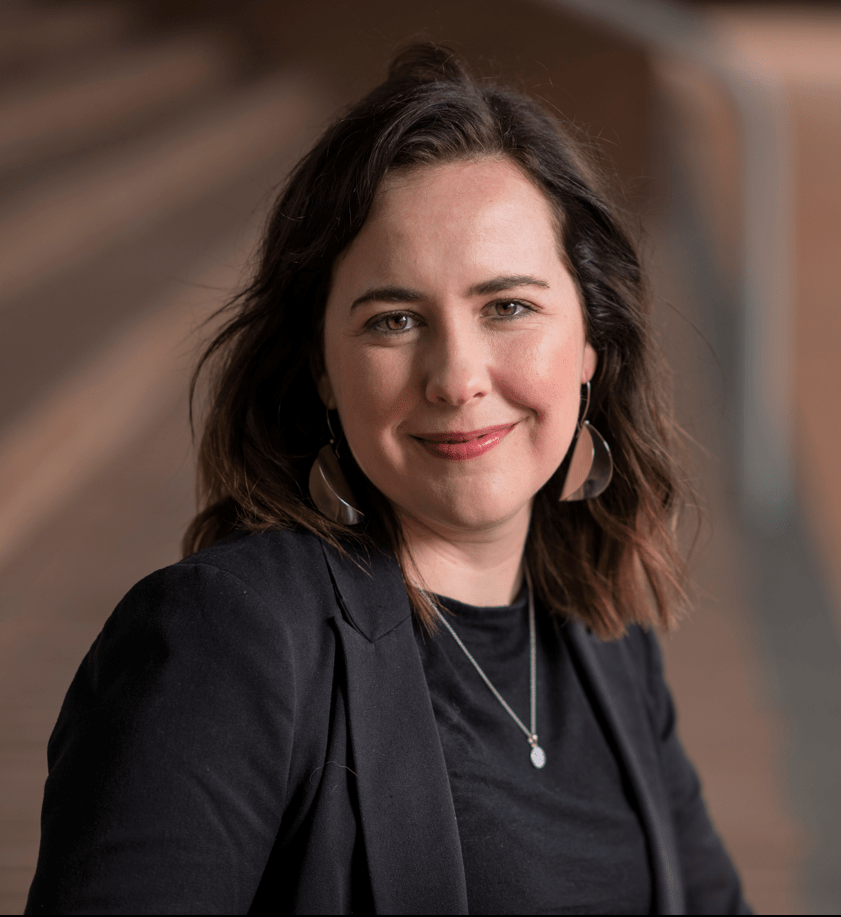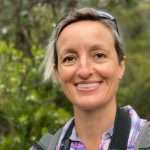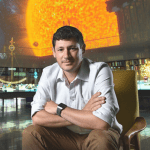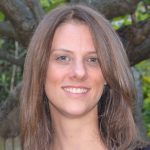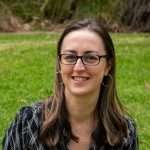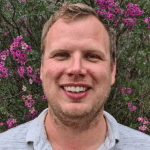- Tall Poppy Campaign
- Young Tall Poppy of the Year 2021
Australian Capital Territory
Dr Megan Evans
UNSW CANBERRA
Megan’s research aims to understand and inform how governments and businesses can more effectively protect the environment. She uses tools and methods from a range of fields – including public policy, conservation science and environmental economics – to help design environmental policies, study how they work in practice, and learn what improvements are needed. She is working to understand how different industries might become carbon neutral, and what actions governments and the private sector need to take to transform our economy into one where both people and nature can thrive.
New South Wales
Dr Ayesha Tulloch
UNIVERSITY OF SYDNEY
Australia is becoming known for its abysmal conservation record, with hundreds of species declining due to clearing of native vegetation and changes to natural processes. Conservation budgets are limited, so we need targeted management actions that can recover native ecosystems and species.
Dr Tulloch tackles this challenge by building decision-support tools for allocating effort to species and ecosystem recovery and designing indicators that help monitor whether efforts are working. By using these tools, land managers can maximize benefits to ecosystems whilst accounting for significant environmental changes and socio-economic challenges. This approach has been applied to controlling invasive predators and recovering ecological communities from changed fire regimes.
Northern Territory
A/Prof Mamoun Alazab
CHARLES DARWIN UNIVERSITY
Mamoun Alazab aims to develop a new perspective in the study of cybercrime activities by studying authorship of malicious binaries and cybercrime patterns. His research is multidisciplinary and based on cyber security with a focus on cybercrime detection and prevention. This includes the intersection use of Artificial Intelligence (AI) and Machine Learning as essential tools for cybersecurity.
Queensland
Dr David Flannery
QUEENSLAND UNIVERSITY OF TECHNOLOGY
Does life exist elsewhere in our solar system, our galaxy, and beyond? Dr David Flannery aims to find out! While the Earth is the only habitable planet in our solar system today, it is likely that the Earth, Venus and Mars were all habitable billions of years ago.
Dr Flannery’s team has designed and built sensors for studying ancient rocks on Mars. By applying the lessons they have learned studying Earth’s early geological record, they are now investigating ancient habitable environments on Mars with orbiters and rovers.
Tasmania
Dr Vanessa Adams
UNIVERSITY OF TASMANIA
Less than a quarter of the Earth’s land remains free from substantial human impact. Timely action to avoid, reduce, and reverse land degradation can bring benefits such as increased food and water security, and mitigation of climate change.
Dr Adams’ research focuses on understanding people’s relationships to places to inform conservation decisions that improve the environment and the communities it supports. Environmental decisions are complex and so she is using tools that are built to embrace complexity rather than ignoring it.
South Australia
Dr Hannah Wardill
UNIVERSITY OF ADELAIDE
There is an ever-growing number of people surviving cancer, and as such, we are starting to understand the long-term consequences of this disease and its harsh treatment. These consequences can be physical, psychosocial and financial.
Hannah Wardill’s research aims to improve the quality of life of people living with or beyond cancer through personalized and proactive supportive care solutions that target common multiple problems in parallel. She is currently investigating the benefits of faecal transplants in people with blood cancer and will soon be starting a large clinical trial to evaluate medicinal cannabis in people with advanced cancer.
Victoria
Prof Kylie Hesketh
DEAKIN UNIVERSITY
Physical inactivity is a leading risk factor for disease. From a young age, children spend a lot of time sitting and not enough time moving, which can set them up to experience issues with health, wellbeing, and school performance.
Professor Hesketh’s research seeks to understand the barriers to young children being active and design programs to help them develop habits from the start of life to move more and sit less. She is currently trialling a new program, Let’s Grow, for families of toddlers supporting parents around active play, sleep, and limiting screen time. Another of her programs, INFANT, is now being offered across Victoria, with state government support.
Western Australia
Dr James Tweedley
MURDOCH UNIVERSITY
Estuaries are biologically productive and have large economic and societal benefits. Yet many of these environments and the services they provide are under threat from factors such as urbanisation and climate change. The research done by Dr James Tweedley and his team has highlighted the unique characteristics of the physical-chemical environment of estuaries with a small tidal range, such as those in south-western Australia, and how this influences their fauna. By understanding these drivers, we have produced indicators that can be used to assess the impacts of management actions on ecosystem health and help predict the effects of climate change.

